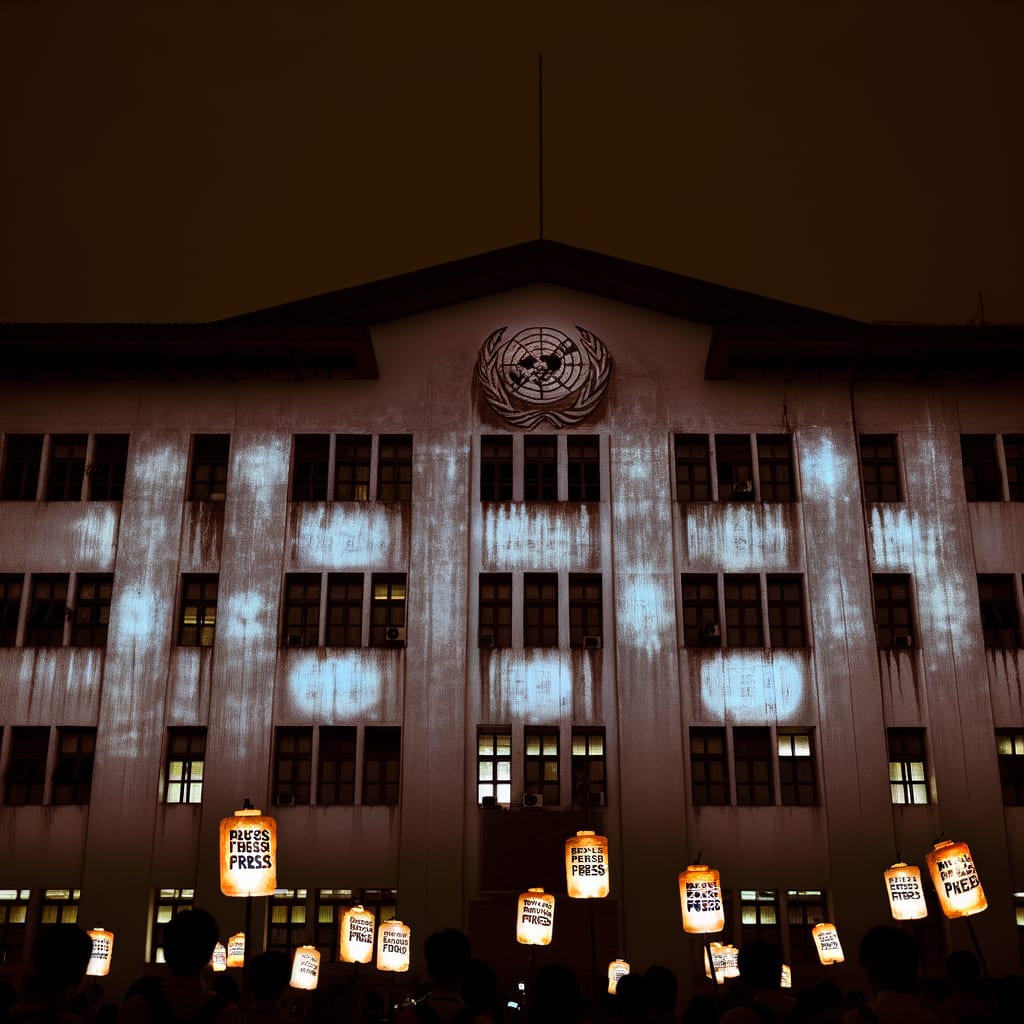Democracy at Crossroads: A Global Perspective
The United States, once a beacon of democracy and freedom, now stands at a precipice with echoes of history whispering significant warnings of a fragile republic, susceptible to the threat of authoritarianism. In the backdrop of this, the world witnesses a sharp decline in press freedom and democratic performance in a majority of countries, according to reports from the International Institute for Democracy and Electoral Assistance (IDEA) and other sources.
A Historical Reminder
The rise of authoritarian states throughout history serves as a critical reminder of democracy's fragility. As the Mail & Guardian notes, the echoes of Nazi Germany's chilling descent into darkness and Chile's catastrophic coup resonate in the current state of affairs. The parallels drawn between these historical instances and the contemporary American scenario shed light on the potential threat of polarization, voter suppression, and truth erosion.
The Global Fall of Democracy
The International IDEA's survey and a report highlighted by Deutsche Welle have found that democracy is declining globally. According to the Stockholm-based IDEA, democracy has declined in 94 countries over the last five years, with only a third making progress. Press freedom, a pillar of democratic societies, has suffered its sharpest fall in 50 years, contributing to the weakened state of global democracy.
Public Sentiment and Economic Systems
The state of democracy is also reflected in public sentiment towards economic systems. A Gallup poll published recently found that American support for capitalism has fallen to its lowest level since 2010, with only 54% of Americans holding a positive view of capitalism in 2025, down from 60% in 2021, as reported by Fox News. Despite the decline in support, capitalism is still viewed more positively than socialism, which has a steady favorability of 39%.
Implications and Reactions
Reactions to these developments vary, with some viewing the current scenario as a possible prelude to democratic renewal. The protests against Nepal's Oli government's social media ban, as reported by The Hindu, serve as an example of this potential democratic resurgence.
On the other hand, the South China Morning Post noted an apparent lack of checks on US President Donald Trump’s radical agenda, stirring questions about the effectiveness of restraints on his policies.
Conclusion
As the world grapples with these challenges, the state of democracy remains a critical issue. The US finds itself at a crucial crossroad, with the future of its democracy hanging in the balance. Meanwhile, the global decline in press freedom and democratic performance serves as a stark reminder of the importance of democratic values and principles. Despite the challenges, the global response, whether in the form of protests or public sentiment, suggests an inherent hope for democratic renewal.

